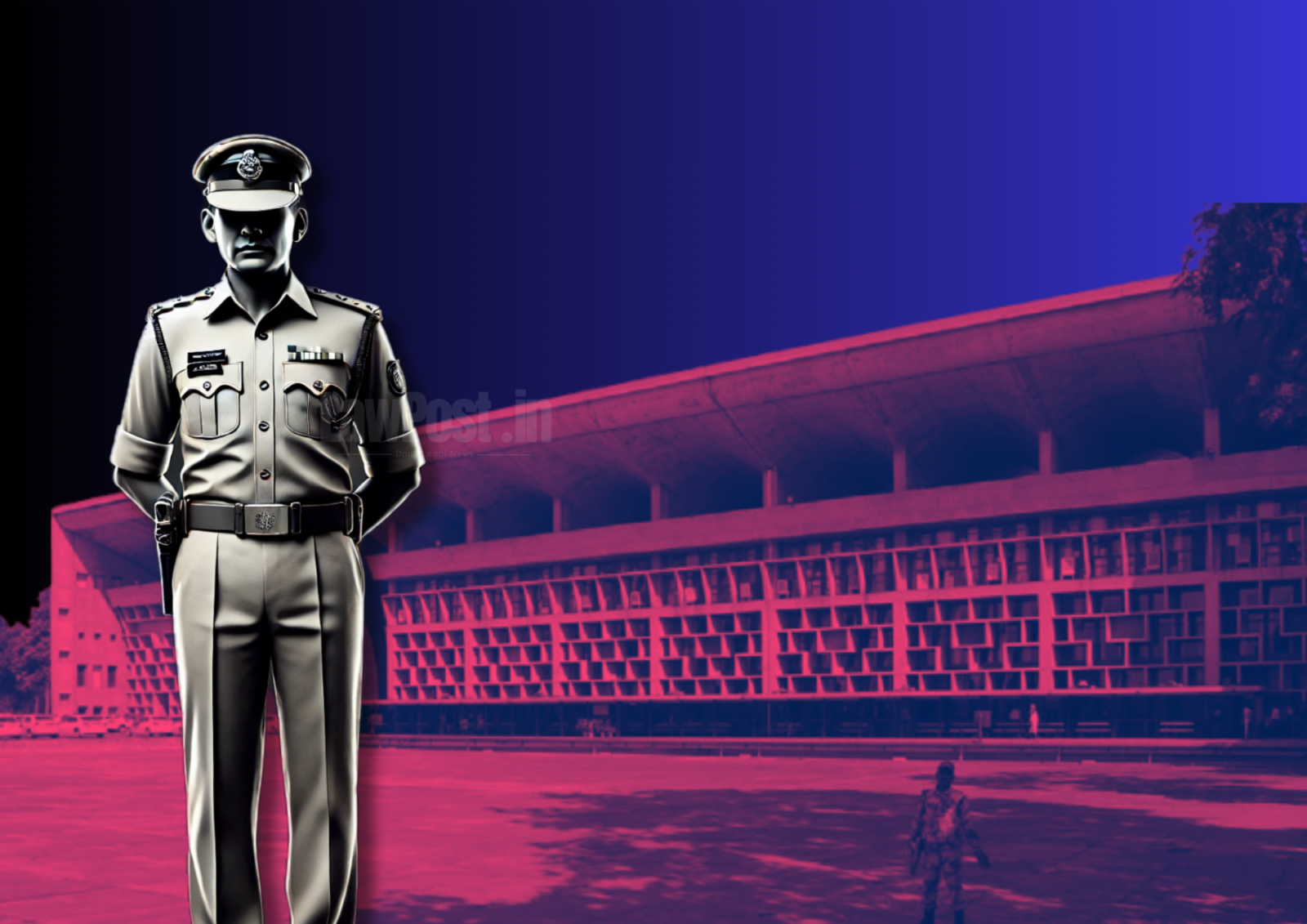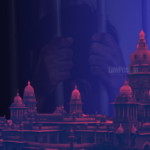In a scathing indictment of police inefficiency, the Punjab and Haryana High Court has ordered the attachment of salaries of a Station House Officer (SHO) and a Deputy Superintendent of Police (DSP) for their failure to apprehend a proclaimed offender. Justice Harpreet Singh Brar issued the order, citing “sheer incompetence” and a lack of tangible effort by the officers to comply with repeated court directives.
“This approach of the Punjab Police reflects sheer incompetence on its part. In spite of repeated orders passed by this Court, no tangible effort has been made to comply with the same. This conspicuous failure to perform their duty leaves this Court with no other option but to attach the salaries of the Station House Officer heading the Police Station where the FIR was registered, as well as his supervisory officer, i.e., Deputy Superintendent of Police,” Justice Brar stated.
The case stems from petitions filed by a woman seeking protection after alleging that local police were shielding the accused, whom she had accused of sexual assault and criminal intimidation. Despite the Supreme Court rejecting the accused’s anticipatory bail plea in February 2021, and the accused being declared a proclaimed offender in March 2023, he remains at large.
The petitioner also claimed that the accused was able to travel abroad due to negligence on the part of local police authorities, who delayed invoking Section 83 of the Code of Criminal Procedure (CrPC), which requires the attachment of a proclaimed offender’s properties.
Justice Brar noted that senior officials seemed complicit in shielding the accused while scapegoating junior officers. “Upon scrutinizing the affidavit dated 08.12.2024, this Court has arrived at the conclusion that the two Inspectors, who occupy lower rungs of the state police hierarchy, have been made scapegoats in the present case, in order to create a smokescreen,” the Court remarked.
In light of the lapses, the Court has directed the Deputy Inspector General and Senior Superintendent of Police (Ferozepur Range) to appear personally at the next hearing on December 16, 2024, to provide an explanation for the police’s failure to act.
The Court also criticized previous efforts by the police as mere “eyewash,” underscoring the systemic issues in law enforcement that allowed the accused to evade justice for over three years.








